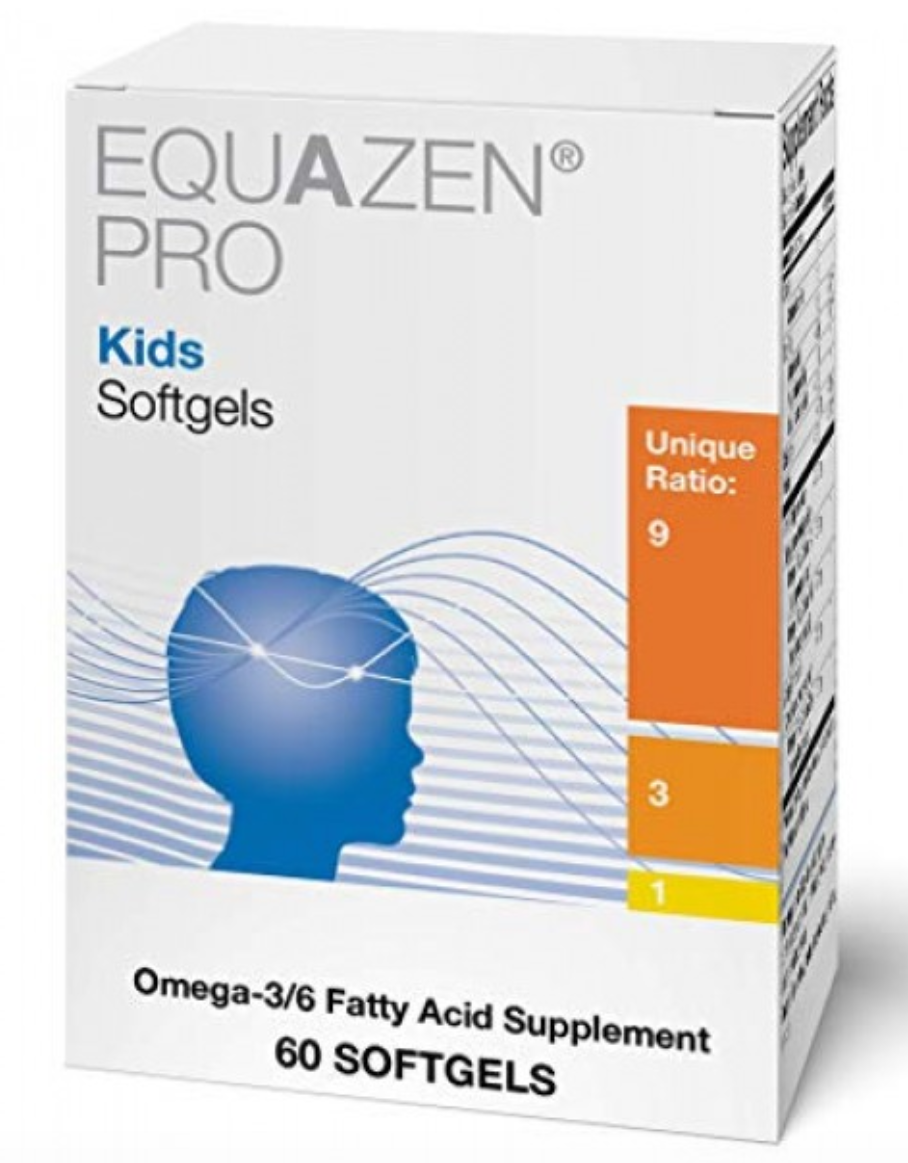ADD/ADHD
The ADHD Happy Gut Patient Guide
Introduction: In the early 20th century, a number of isolated studies discovered a relationship between the diet and mental health. Now, over one hundred years later, it’s increasingly accepted that the bacteria inside our bodies could serve as a crucial link between the food we eat and how we feel.Read
Fruits and Veggies Improve ADHD in Kids
There’s a simple prescription for treating ADHD in children – eat more fruits and vegetables. New findings published in the online journal Nutritional Neuroscience linked diets high in fruits and veggies with less severe inattention, a key symptom of ADHD. Vitamins and minerals serve key roles (often as cofactors) inRead
Omega-3 Polyunsaturated Fatty Acid Deficiencies & Potential Mechanisms in ADHD
Deficiency in omega-3 polyunsaturated fatty acids (n-3 PUFAs) has recently been investigated as a potential pathogenetic mechanism in ADHD ((Stevens et al, 1995). Although current pharmacotherapies, such as methylphenidate and atomoxetine, are able to improve ADHD symptoms, there is still about 20-40% of patients with ADHD who do not benefitRead
Diet and Mental Health: What is the Evidence?
There has been a great deal of press lately on diet and mental health. A new expert review confirms that yes, diet significantly influences mental health and well being, however, the evidence for some diets is comparatively weak, says a new study in the peer-reviewed journal European Neuropsychopharmacology. “We haveRead
Pesticides: Our Children in Jeopardy
The recently released Pesticide Action Network North America report “A Generation in Jeopardy” is replete with information and over 200 citations.1 This is a synopsis of some of the points made in this report…
Introducing EQUAZEN® PRO: Support for Learning and Brain Development in Children/Adolescents with ADHD
Soho Flordis International (SFI® Health)—a leading provider of premium, evidence-based nutraceuticals and the home of Klaire Labs®—announced the U.S. launch of EQUAZEN® PRO, a medical food specifically designed to nutritionally support children and adolescents with ADHD whose polyunsaturated fatty acid deficiencies cannot be rebalanced through the modification of normal dietRead
Acetaminophen in Mid-pregnancy Linked to Terrible Twos and Other Childhood Behaviors
The research published September 2019 in Pediatric and Perinatal Epidemiology examined whether acetaminophen in mid-pregnancy and the behavior of the offspring between the ages of 6 months and 11 years, with memory and IQ tested up until the age of 17. Acetaminophen is commonly used to relieve pain during pregnancyRead
Citicoline Improves Teen/Adult Attention in Two Trials
In an age where attention spans are short and activity levels are low for teen boys, a new study shows citicoline may improve concentration and motor speed. The randomized, double-blinded, placebo-controlled human clinical trial conducted by The Brain Institute, at the University of Utah, was presented at the annual AmericanRead
Prenatal Exposure to Flame Retardants Linked to IQ and ADHD
Prenatal exposure to flame retardants may be as concerning as lead exposure to children’s brain development. A new study involving Simon Fraser University researchers has found that prenatal exposure to flame retardants can be significantly linked to lower IQs and greater hyperactivity in five-year-old children. The findings are published onlineRead













